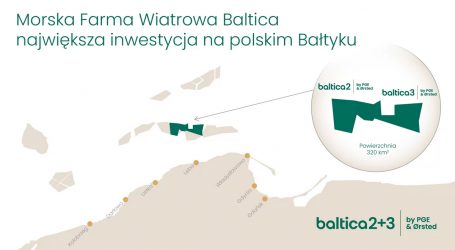Oil rises on stock markets, risk of energy crisis grows
Oil prices on global fuel exchanges are rising strongly in response to growing concerns that further sanctions imposed by Western countries on Russia – to isolate it for its invasion of Ukraine – are increasing the risk of a global energy crisis, brokers report.
A barrel of West Texas Intermediate crude for April delivery is priced at NYMEX in New York at USD 96.65, up by 5.52 percent. Brent crude on ICE in London for April delivery is priced at USD 102.50 per barrel, up by 4.67 percent. Earlier, crude on ICE was priced up by as much as 7 percent.
The situation on global oil markets may worsen, as oil supply is already under pressure at a time of strong recovery in oil demand after economies reopened following the Covid-19 pandemic.
On Sunday, EU diplomacy chief Josep Borrell announced that a group of Russian banks would be excluded from the SWIFT system. About half of the Russian central bank’s financial reserves will be frozen. Borell indicated that the EU is “expanding the group of entities and individuals that will be included in the sanctions package.”
The full list will be published on Monday.
The sanctions list includes Russian oligarchs and businessmen. It means huge economic impact and very serious consequences for those key figures in Russia who hold the most prominent positions. These are individuals who are involved in propaganda and are from military circles,” Josep Borrell announced.
In such a situation, any disruption in oil supplies from Russia, the world’s third largest oil producer, could further exacerbate the oil shortage in the markets.
Removal of some Russian banks from the SWIFT system may cause disruptions in Russian oil supplies, as buyers and sellers will try to find ways to navigate the new rules, writes Andy Lipow, president of Lipow Oil Associates, in a market note.
On top of that, BP has decided to divest its stake in Russia’s giant oil company Rosneft PJSC, which is a major blow to Rosneft – it is losing $25 billion.
China and other buyers of Russian oil are halting purchases of benchmark Ural crude, and some Asian customers are frantically trying to secure oil supplies from Middle Eastern countries.
In this volatile and rapidly changing situation, OPEC+ countries will face a tougher task than usual when they meet at their meeting on Wednesday to set supply policy for April. Analysts point out that despite Russia’s invasion of Ukraine, OPEC+ countries may nevertheless maintain their plan to gradually increase oil production by 400,000 barrels per day every month.
Source: PortalMorski.pl




